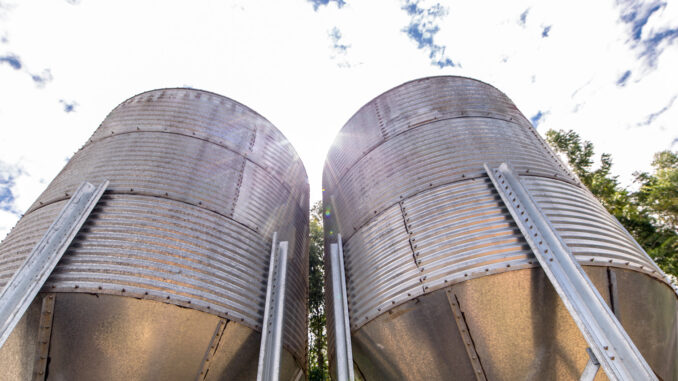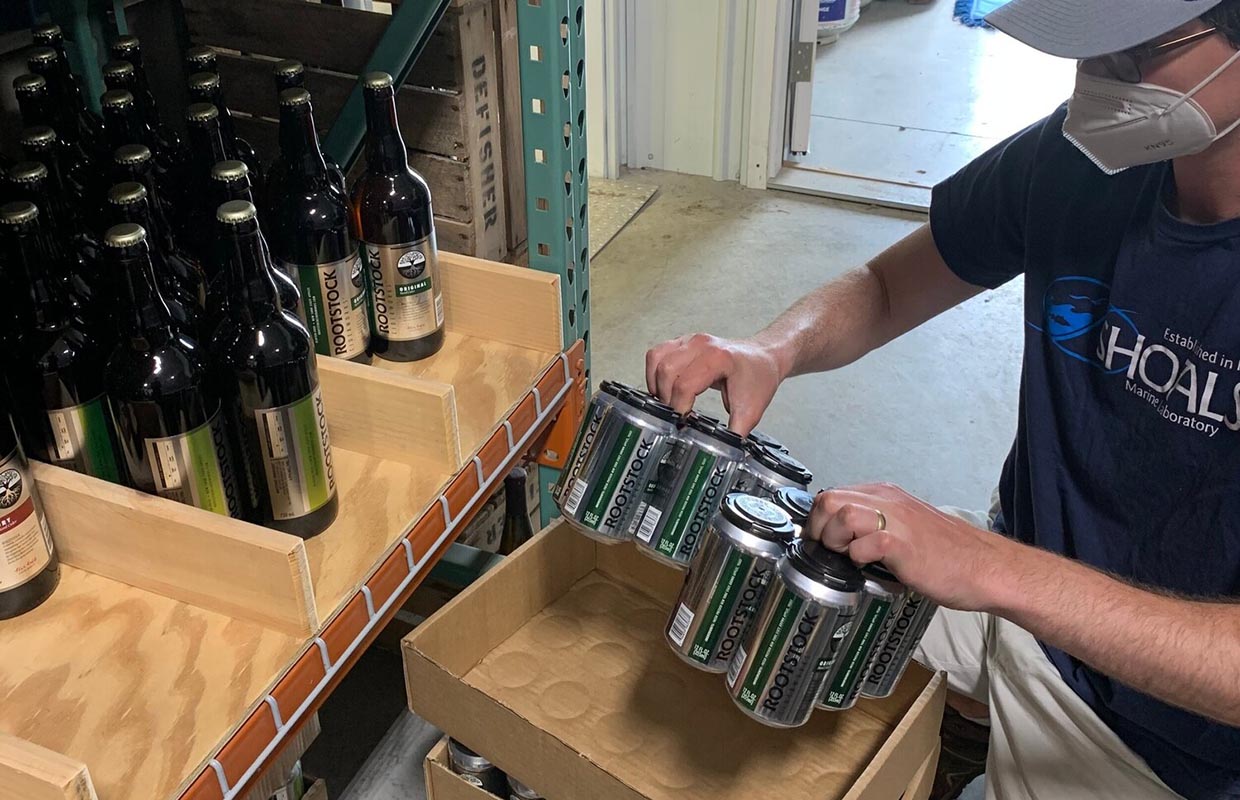
For any brewery aiming to grow in scale and sophistication, purchasing ingredients is no longer just about finding the lowest price or fastest shipment. Strategic sourcing isn’t just about optimizing costs. It’s about aligning your brewery’s values, such as quality, consistency, and flexibility, with your suppliers. It’s about building a supply chain that can adapt to changing market conditions and internal business demands without sacrificing your product or your brand. Most importantly, it’s about forging relationships that outlast any single order.
At the heart of this shift is a broader mindset change. Tactical buying tends to focus on short-term gains and nabbing a quick price drop or a last-minute bulk order. Strategic sourcing, by contrast, builds a durable system that weighs reliability, performance, and mutual value.
“Price is incredibly important,” said Adam Charnack, co-founder of Asheville’s Hi-Wire Brewing, at a 2025 Craft Brewers Conference seminar on tactical purchasing, “but the relationship is key.”
Drawing a parallel to diplomacy in higher levels of government, he noted that relationships make up the majority of success in procurement, particularly when unforeseen problems arise, as anyone knows is inevitable in brewing operations.
You are not just about finding a vendor; you are building with a partner.
Rhinegeist’s Cole Hackbarth added in the discussion that quality and price often interplay in non-obvious ways.
“You can get cheap malt,” he said, “but the extraction can be really poor. You end up using 25% more, or you get an inconsistent product in the end.”
For breweries that pride themselves on flavor precision and batch consistency, low-cost inputs can have high hidden costs.
Hackbarth argued that paying slightly more upfront often delivers downstream efficiency and brand reliability. In his view, quality is not just a purchasing metric; it’s your brewery’s brand value.
Stone’s Jeremy Moynier echoed these sentiments from the perspective of innovation brewing, where flexibility and trust are critical.
He pointed to the importance of third-party references from other brewers when evaluating new suppliers.
“Brewers are a great resource,” he said, “and I’ll call one up to ask, ‘How’s the quality? How’s the service?’”
Direct feedback from peers often uncovers reliability — and even noticeable red flags — that pricing spreadsheets won’t reveal.
Knowing what you’re asking and understanding who else is out there is a key. In an age where supply chains are in flux and information flows faster than ever, breweries that revisit their options and invest in sourcing intelligence gain a business edge. It’s important to look beyond the immediate quote and ask things like whether the supplier can help your business lower carbon output, increase consistency, or respond creatively when something breaks.
READ MORE: This Simple Spreadsheet Has Helped Brewhouse Workflow
Charnack shared that Hi-Wire, a brewery like many in craft beer that doesn’t have a dedicated procurement department, has partnered with a company like Agrowgate to launch request-for-proposal (RFP) campaigns for specific commodities. This move, he said, allowed them to better understand market trends while balancing their long-standing relationships with trusted suppliers. The point wasn’t to replace partners on price alone, but to create competitive tension and reinforce clarity in expectations.
All those who spoke at the panel agreed that when something goes wrong, be it a shipment delay or a missed spec, you need to trust that your supplier will work with you, not against you.
“You’re going to need help,” Charnack said. That help doesn’t come from transactional vendors. It comes from suppliers who’ve earned their place at your table over time.





